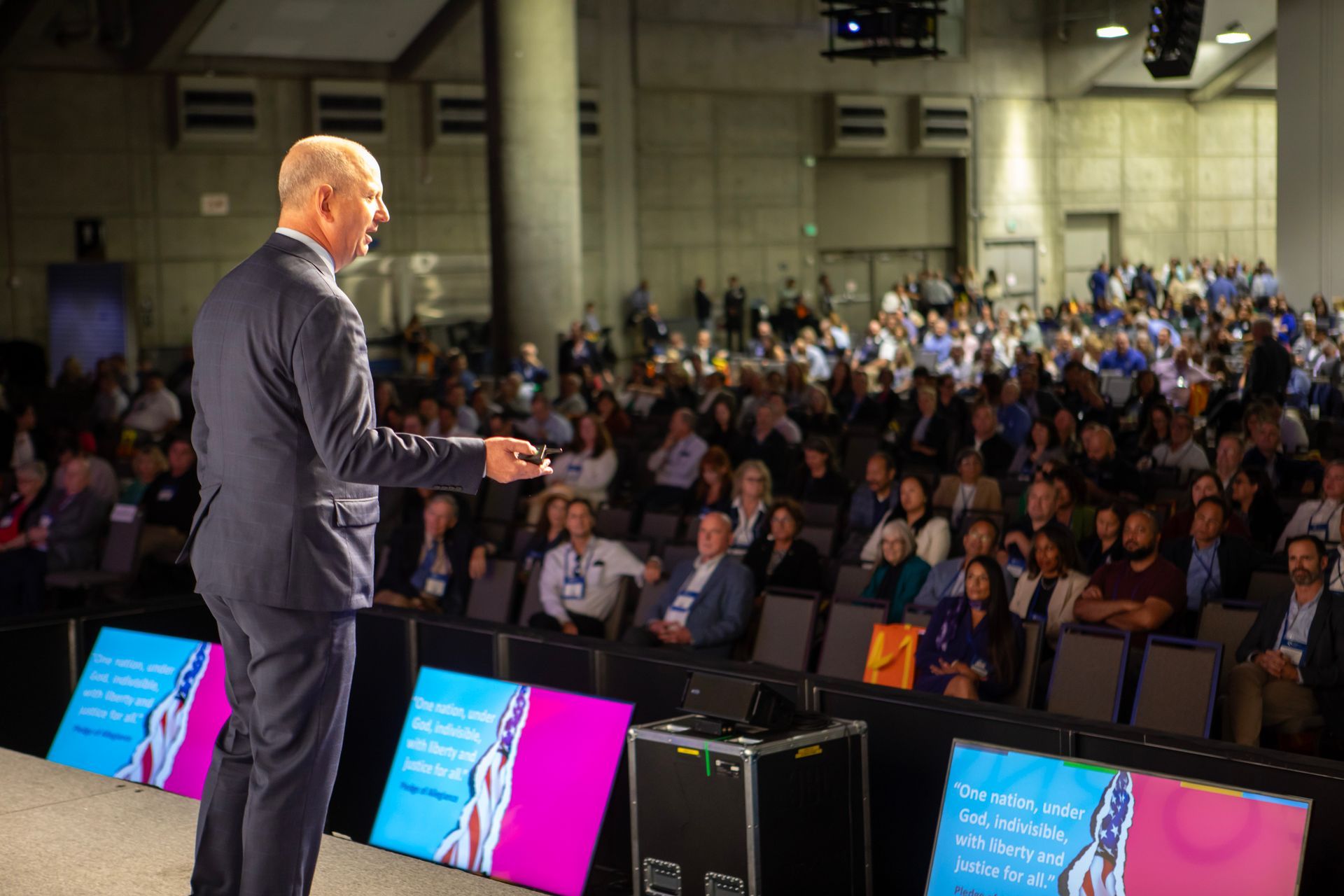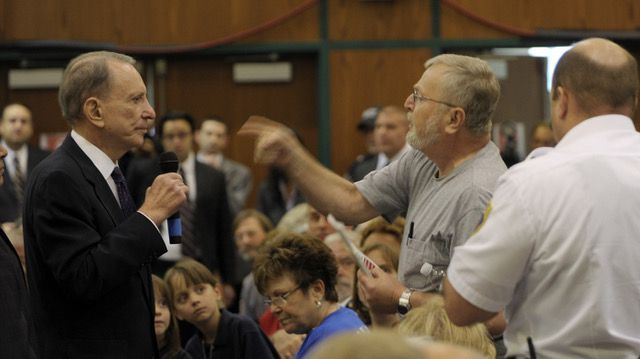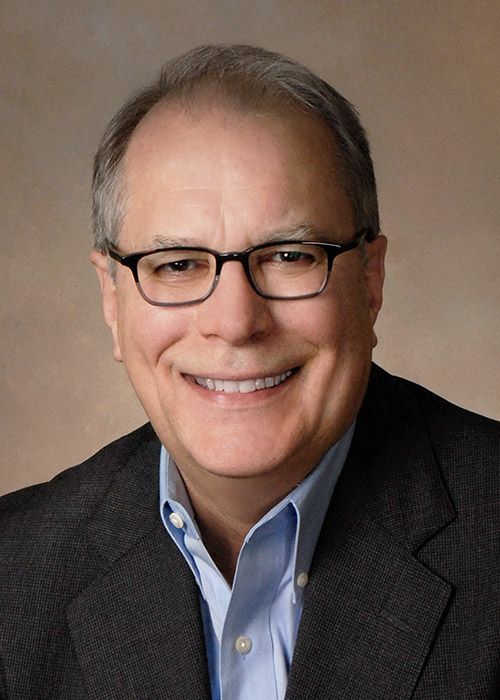SWOT SQUARED: A tool for planning a stellar future
By Matt Lehrman
Social Prosperity Partners
The SWOT analysis is a well-known and highly valuable tool in strategic planning. The acronym reminds leaders to analyze their organization in four ways:
- Strengths — What do we do better than others?
- Weaknesses — What could we improve (or what should we avoid)?
- Opportunities — What ideas deserve to be explored?
- Threats — What might interfere with our plans?
The S and W assess internal factors, O and T external ones. Often visualized as four squares, this simple but effective analysis has been in wide use for decades. In my own strategic planning work, however, I add a second set of “SWOT” questions that complement the familiar four.
- What Is SACRED? — Before we map out a vision for the future, what essential aspects of our organization do we agree must be protected along the way?
- What Would Be WONDERFUL? — What can we accomplish that would make a real difference to our audiences, stakeholders and community?
- What Are We OVER? — What beliefs, practices or projects are we ready to replace?
- Who Should Be on Our TEAM? — Who shares our objectives and values, and how can we connect with those communities and organizations?
The next time someone asks what SWOT stands for, tell them “Sacred, Wonderful, Over, Team.” Who knows? It might be the start of a great collaboration.
Adapted from a column originally published on
ArtsJournal.com.
APRIL 5 COMMUNITY CHAT
“The Mechanics of Trust” — How can civic leaders earn trust, both individually and for their governing boards and councils? Let’s talk about what works and what doesn’t. Free to join, but REGISTER NOW as space is limited in this virtual leadership roundtable facilitated by Matt Lehrman.

NEW EPISODE — “LAW & ORDER AND SOCIAL MEDIA” (March 26, 2024)
Martin Podsiad, a New Haven police detective, took over the department’s social media and discovered that his interview and interrogation skills seamlessly translate into captivating social media engagement, offering a fresh perspective on audience connection.
Listen on Apple, Spotify and all podcast platforms
“STRATEGIC OUTCOMES” (March 19, 2024)
“THE WELLNESS POLICE” (March 5, 2024)
“CHURCH & STATE” (February 27, 2024)
Connect with Matt:
- Email me at Matt@SocialProsperity.us.
- Follow me on Facebook, Instagram, YouTube and LinkedIn.
- Learn more at SocialProsperity.us and MattLehrman.com.




CONNECT
Website by Right|Left Consulting & Design
© 2024 Audience Avenue LLC | Social Prosperity Partners
Skidmore College photos by Erin Covey
Fort Worth photos by the Fort Worth Portrait Project